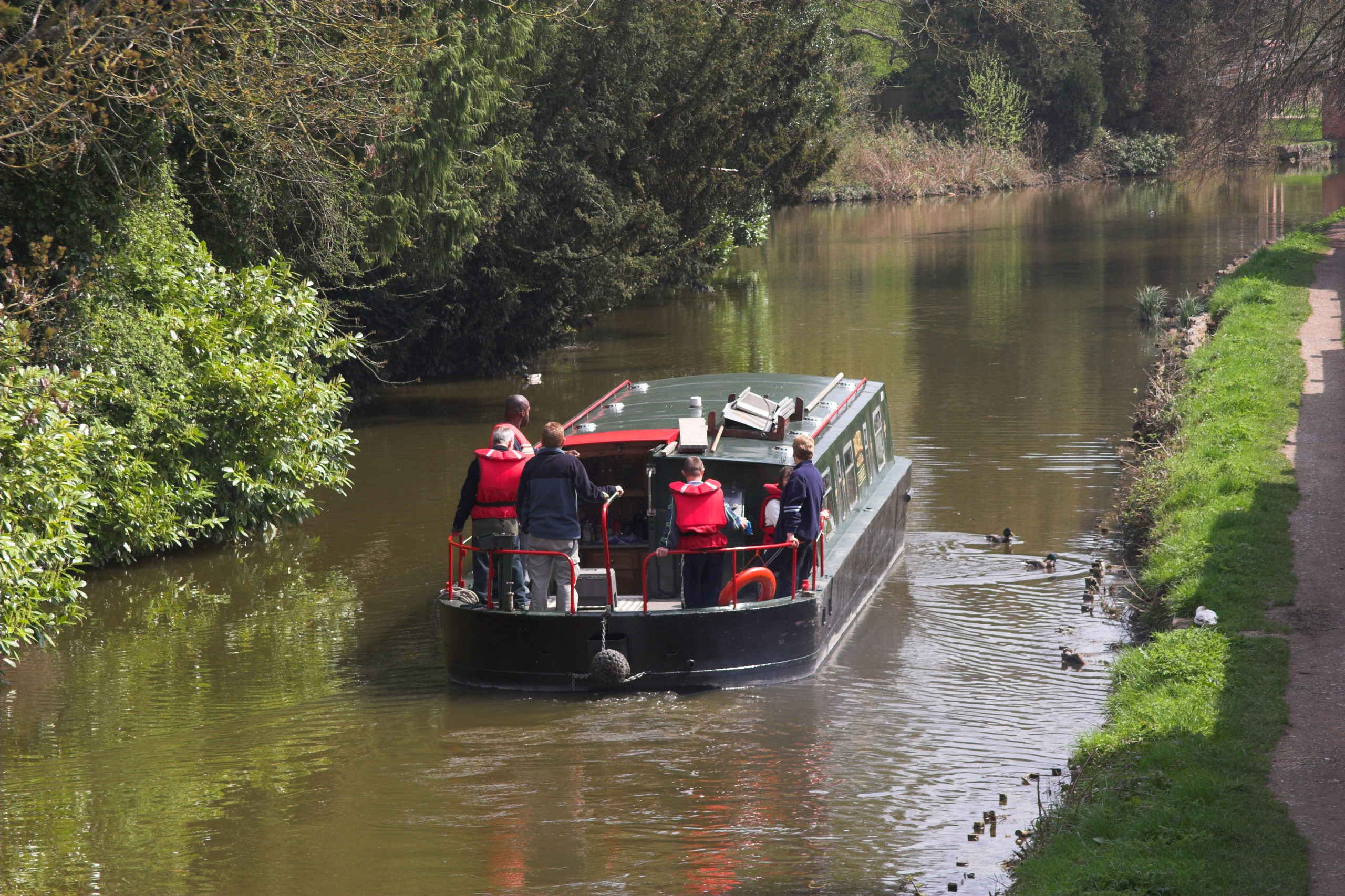Second joint meeting of the examination commissions
15/09/2021
Online, 15 September 2021 – The second joint meeting of the examination commissions of CESNI Member States was held on 15 September 2021. For the first time, examiners in approved training programmes joined members of examination commissions who carry out exams under the responsibility of administrative authorities. Initially planned to take place in Berlin, where the German Presidency of the EU Council had kindly invited experts to convene in 2020, the meeting took place online due to the current health situation. 40 experts from 11 CESNI Member States, three River Commissions (Central Commission for the Navigation of the Rhine, Danube Commission and Sava Commission) and the European Commission took part in this important forum. The main objective was to enable informative and useful exchanges on the European Standard for Qualifications in Inland Navigation (ES-QIN) and more specifically its standards on examination, in view of the future application of the new set of standards for professional qualifications from January 2022.

Participants were welcomed by the Central Commission’s secretary general, Mr Bruno Georges, who underlined that harmonisation of examinations had been a priority of the current Belgian CCNR presidency 2020-2021, also under the new RPN (Regulations for Rhine navigation personnel). The meeting was chaired by Ms Petra Nethövel, expert of the German delegation and chair of the CESNI Working group on professional qualifications. The event was also an opportunity for Ms Christelle Rousseau (European Commission/DG MOVE) to present the new legal framework at EU level. She informed participants that the process of identifying stretches with specific risks and defining the appropriate assessment was still ongoing.
During the meeting, experts discussed the examination standards included in ES-QIN, as well as draft standards for practical examination at operational level and model exams at operational and management level. The meeting led to an intense exchange of opinions and experiences between participants, which was also made possible by several question-and-answer sessions. The collection of best practices is indeed essential for a good implementation of the new examination rules from next January 2022, which can also inspire colleagues from other countries. Experts also reflected on the uniform interpretation and application of the new standards for examinations. Last but not least, examination commissions and examiners got to know each other better and were able to exchange useful information, establishing or extending this indispensable cooperation between all those responsible for the implementation of the new standards gathered in ES-QIN.
The new CESNI standards, to be applied in particular by the EU, the CCNR, the International Sava River Basin Commission and other third countries like Ukraine, will have a strong impact on the content of trainings and the assessment of competences of (future) crew members on all European waterways. They necessitate a complete redesign of theoretical and practical examinations, as well as procedures related to these examinations. The future changes have already required very demanding and significant work on the part of examination commissions, officials responsible for approving training programmes, and examiners who must apply the new competence standards and examination methods. It should be recalled here that the general context requires a high level of harmonisation to ensure a level playing field for all those seeking qualifications based on identical competence standards applicable in all CESNI Member States. In this context, the examination commissions and examiners clearly play an essential role in this new era for professional qualifications of inland navigation in Europe to ensure a uniform interpretation and application of the adopted standards.

